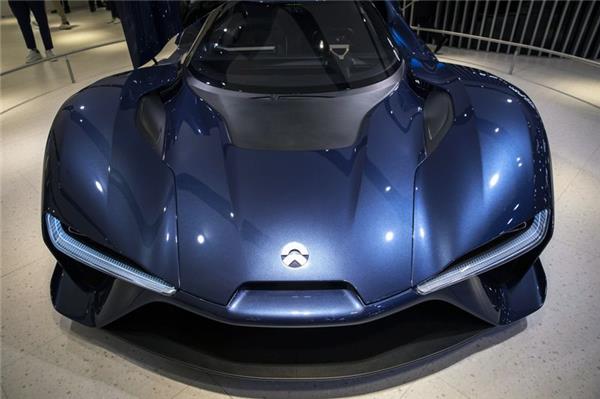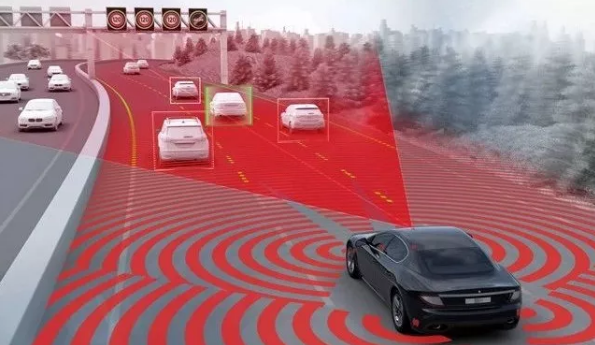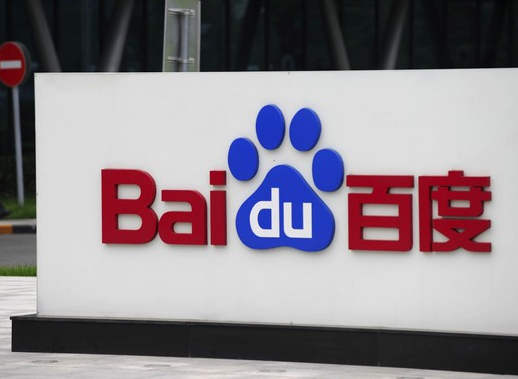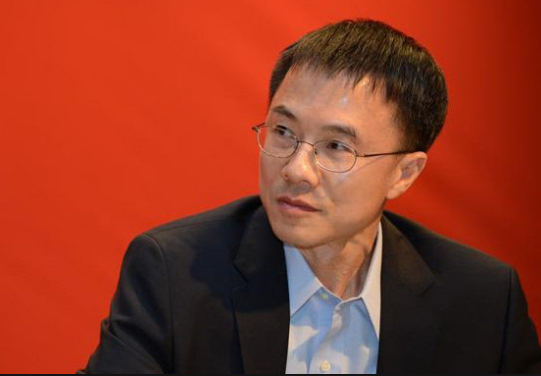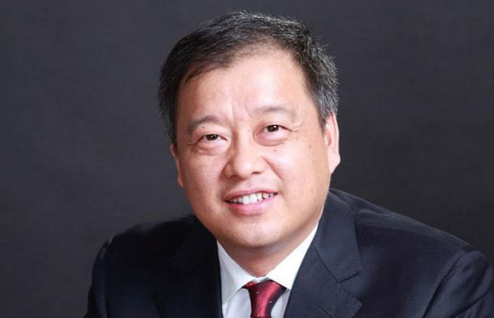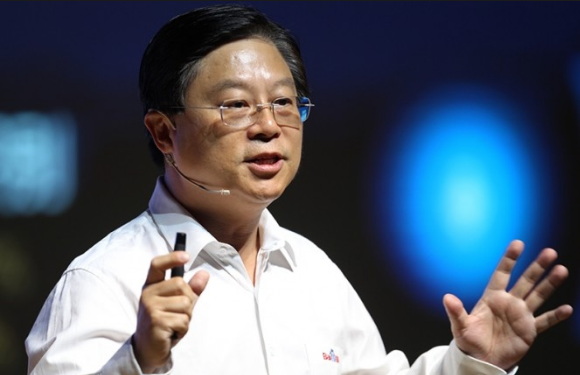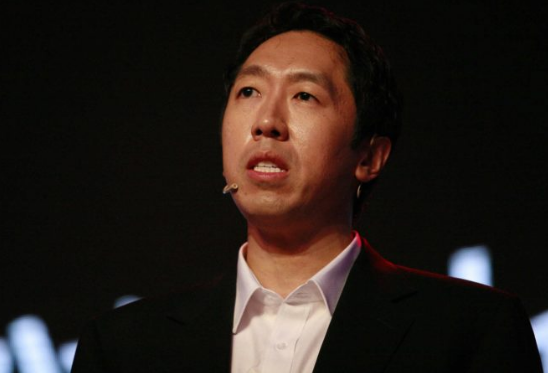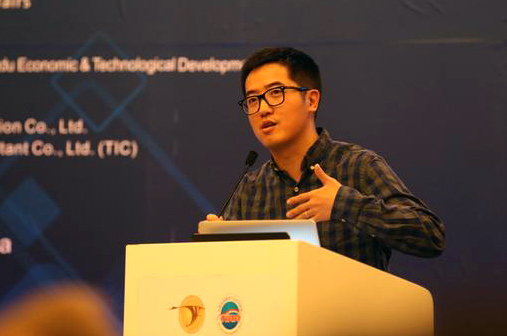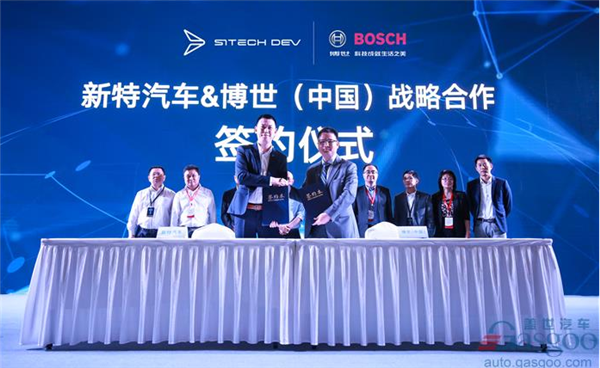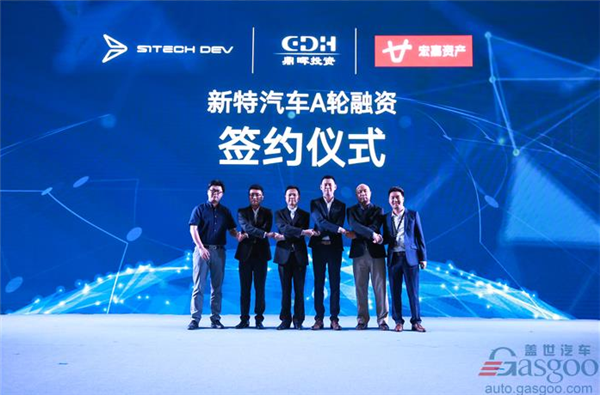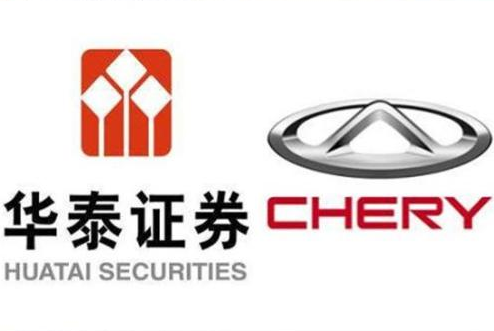
Shanghai (Gasgoo)- China's premium intelligent EV maker BYTON exposed some parts of its second model, a luxury sedan concept. The concept is slated to make its world debut at the "BYTON's night" on the eve of the CES Asia 2018 on June 12. At the BYTON's night, the EV startup will also showcase its design envision and exploration in autonomous driving era.
The debut of BYTON's luxury sedan concept will further embody the class-leading designing advantages of BYTON.

The new concept inherits the design tactics of "visible intelligence", combining new design elements like autonomous driving sensors with traditional vehicle features. Incorporating elegance, fashion, luxury and dynamic, the model accentuates the digital features and defines new aesthetics for the designing of autonomous vehicles.
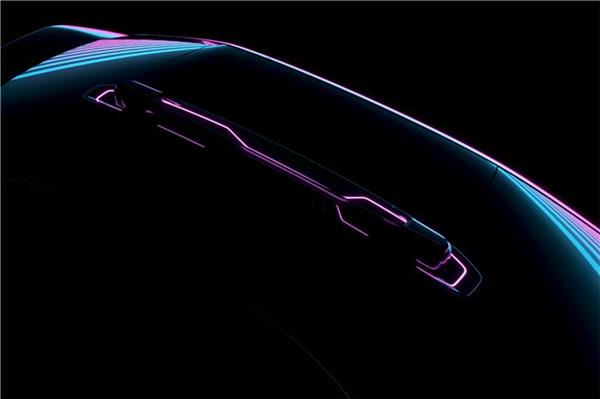
In addition, the new sedan retains BYTON's iconic design style like the intelligent expression and connecting lines, featuring high recognition. The model also adopts newly-designed C-pillar with graceful lines, demonstrating an excellent aerodynamic performance. The BYTON luxury sedan concept is the second model based on BYTON's EV-exclusive platform.
All Rights Reserved. Do not reproduce, copy and use the editorial content without permission. Contact us: autonews@gasgoo.com.
The debut of BYTON's luxury sedan concept will further embody the class-leading designing advantages of BYTON.

The new concept inherits the design tactics of "visible intelligence", combining new design elements like autonomous driving sensors with traditional vehicle features. Incorporating elegance, fashion, luxury and dynamic, the model accentuates the digital features and defines new aesthetics for the designing of autonomous vehicles.

In addition, the new sedan retains BYTON's iconic design style like the intelligent expression and connecting lines, featuring high recognition. The model also adopts newly-designed C-pillar with graceful lines, demonstrating an excellent aerodynamic performance. The BYTON luxury sedan concept is the second model based on BYTON's EV-exclusive platform.
All Rights Reserved. Do not reproduce, copy and use the editorial content without permission. Contact us: autonews@gasgoo.com.
- Install Gasgoo APPAnytime and anywhere to know the dynamics of China's auto industry

- 1Geely Auto new 1.0TD engine to be applied in Volvo Cars models
- 2Alibaba, RoboSense announce world’s first solid-state LiDAR-equipped unmanned logistics vehicle
- 3Sokon transfers 100% stake of SF Motors, Jinkang Power to Jinkang New Energy
- 4JD.com joins force with Tenneco, Continental to further deploy in wearing auto parts
- 5BYTON luxury sedan concept to make world debut at CES Asia 2018
